MCFC
Mother Child Friendly Care (MCFC) is not for profit organization affiliated to the ministry of social affair (Social solidarity) registered in 2010 by registration number 2538
Register NOW : Regional Program in Lactation Management
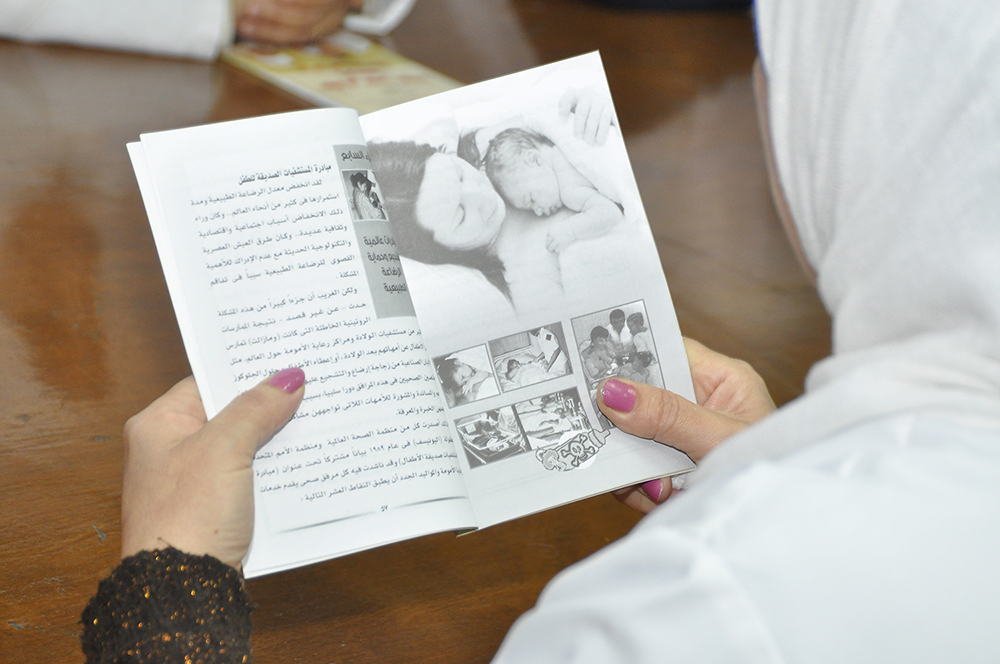
BFHI Counseling Course.
Breastfeeding Promotion and Support in a Baby-Friendly Hospital, a 20-hour course for maternity staff, which can be used by facilities to strengthen the knowledge and skills of their staff towards successful implementation of the Ten Steps to Successful Breastfeeding. This section includes: 3.1 Guidelines for Course Facilitators including a Course Planning Checklist 3.2 Outlines of Course Sessions 3.3 PowerPoint Slides for the Course.
IYCF Counseling.
Strategies to improve Infant and Young Child Feeding (IYCF) are a key component of the child survival and development programs of many nations, supported by UNICEF and WHO. The scientific rationale for this decision is clear, with steadily growing evidence underscoring the essential role breastfeeding and complementary feeding as major factors in child survival, growth and development. The importance of breastfeeding as the preventive intervention with potentially the single largest impact on reducing child mortality has been highlighted. In addition, of the available nutrition interventions, improvement of complementary feeding has been shown to be the most effective in improving child growth, and thereby, together with maternal nutrition interventions, to contribute to reducing stunting.
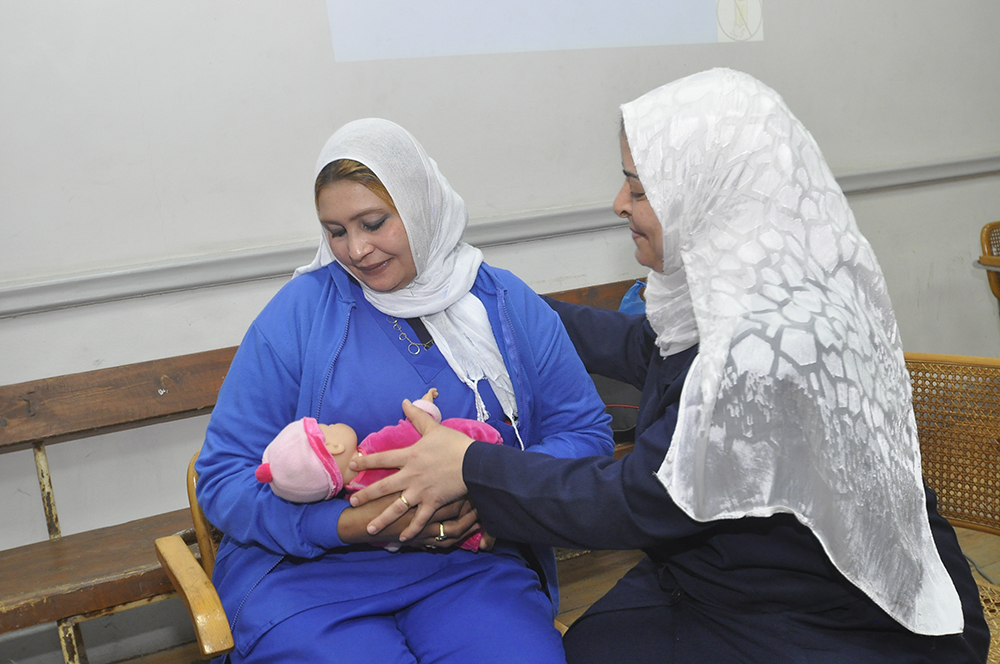
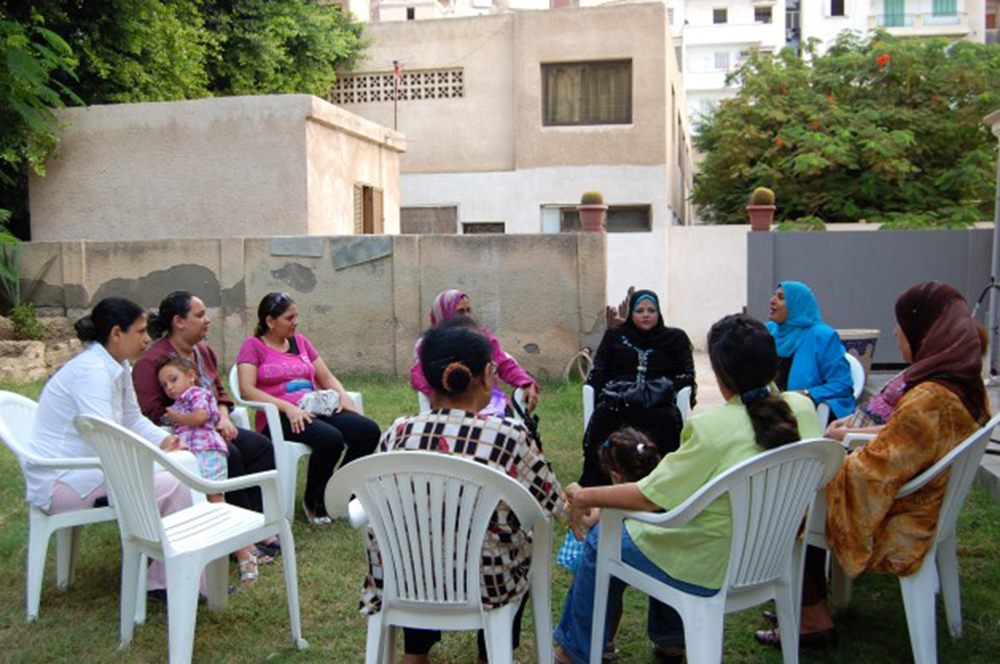
Promoting and support breastfeeding.
The program provided only in Arabic and it's designated for mothers or women who wants to have a certificate whcih allowe them to support other mothers in successful practices to start and continue breastfing which guarantee healthy and better feeding to grow and development of their children.
Becoming a "CLC".
This is a professional certificate in lactation management for medical staff who wish to become "Certified Lactation Consultants" (CLC).
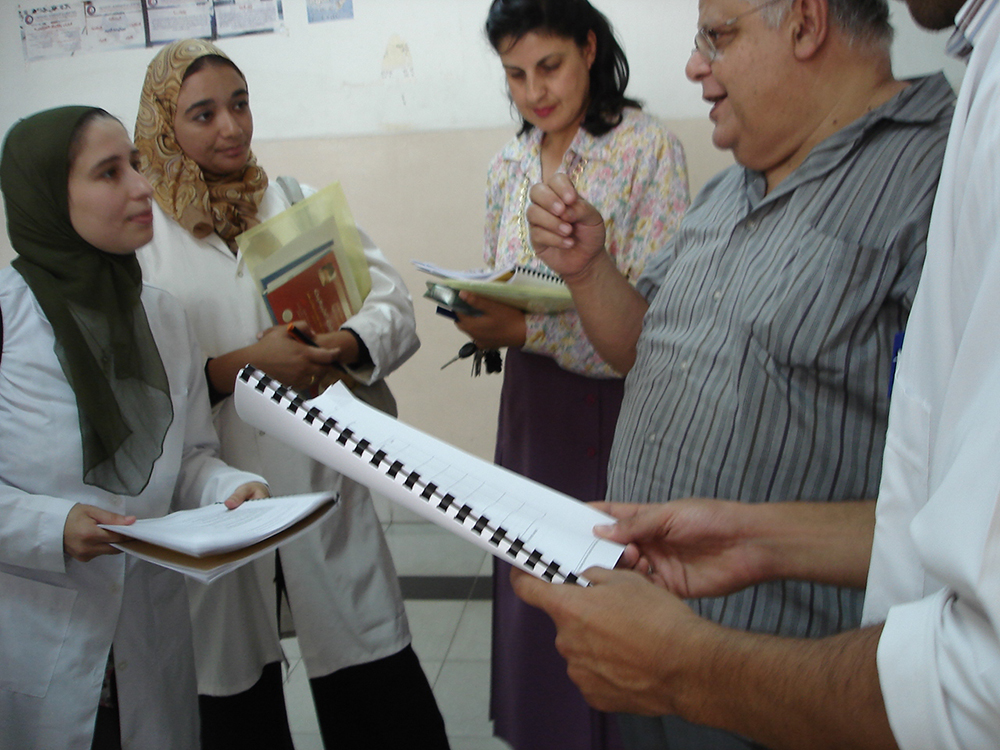
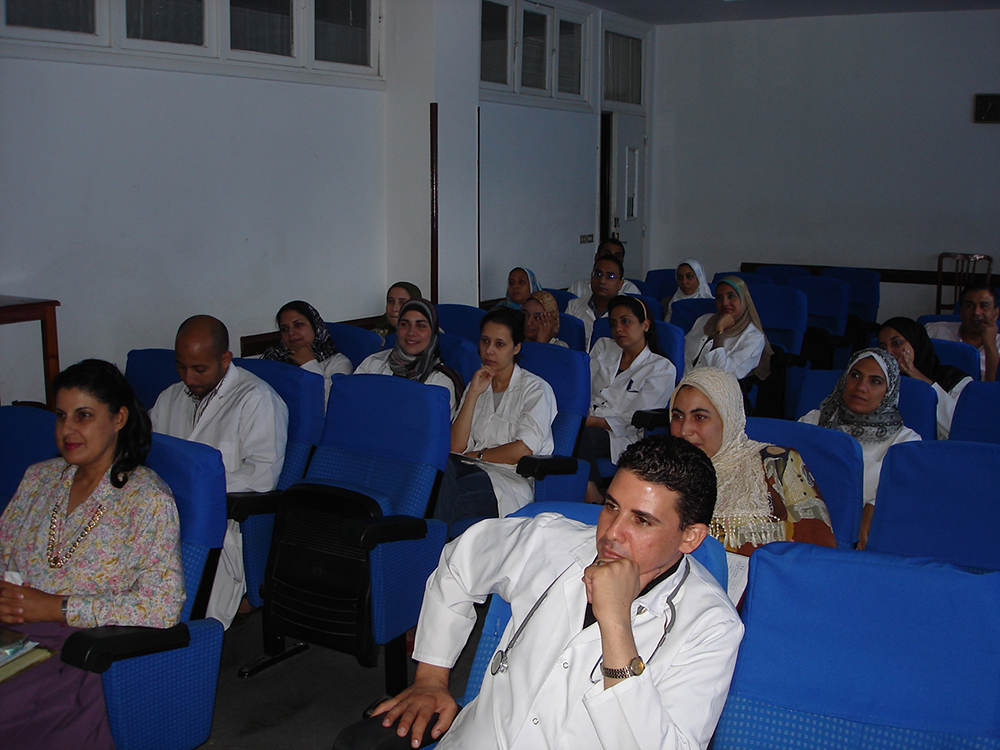
CME in LM.
Access Continued medical education in Lactation management through journals, research material, books and other resources to update and develop your lactation management skills.
Case studies in (LM).
Practice your clinical skills in supporting and managing breastfeeding through live cases and interactive interfaces.




